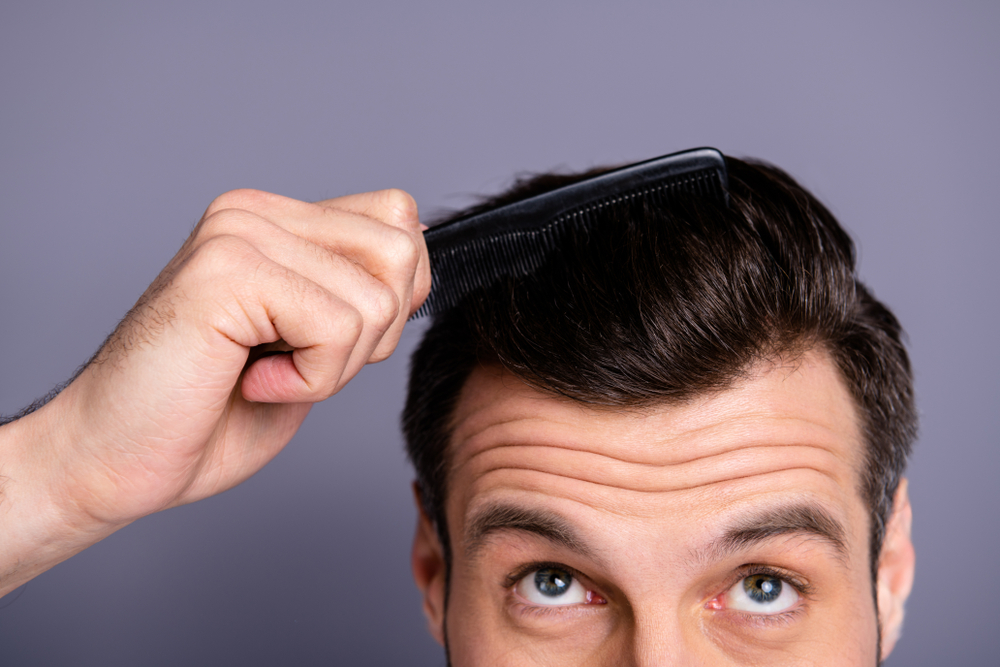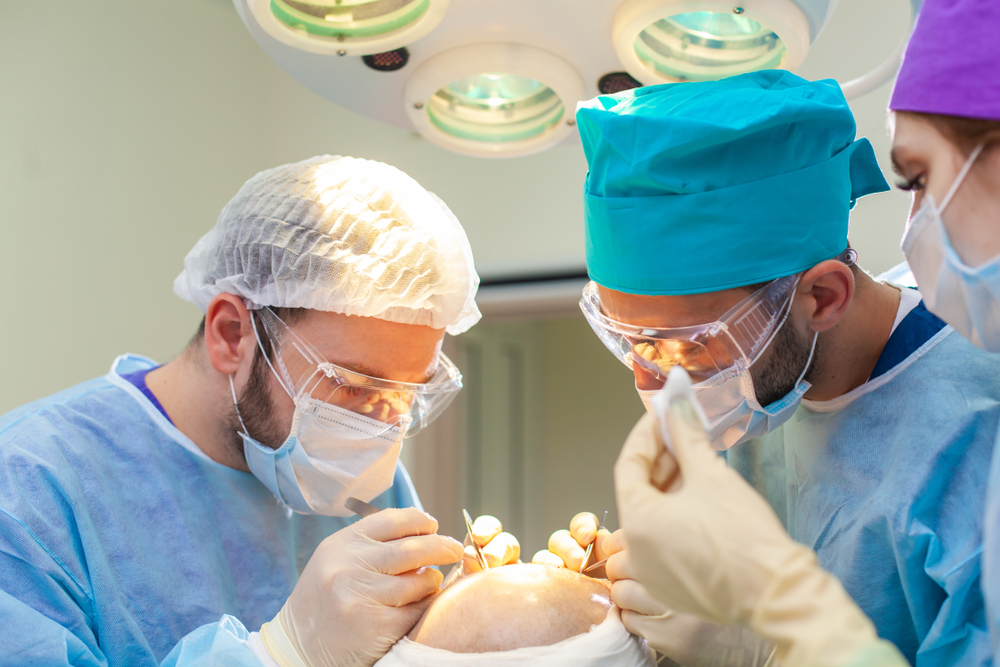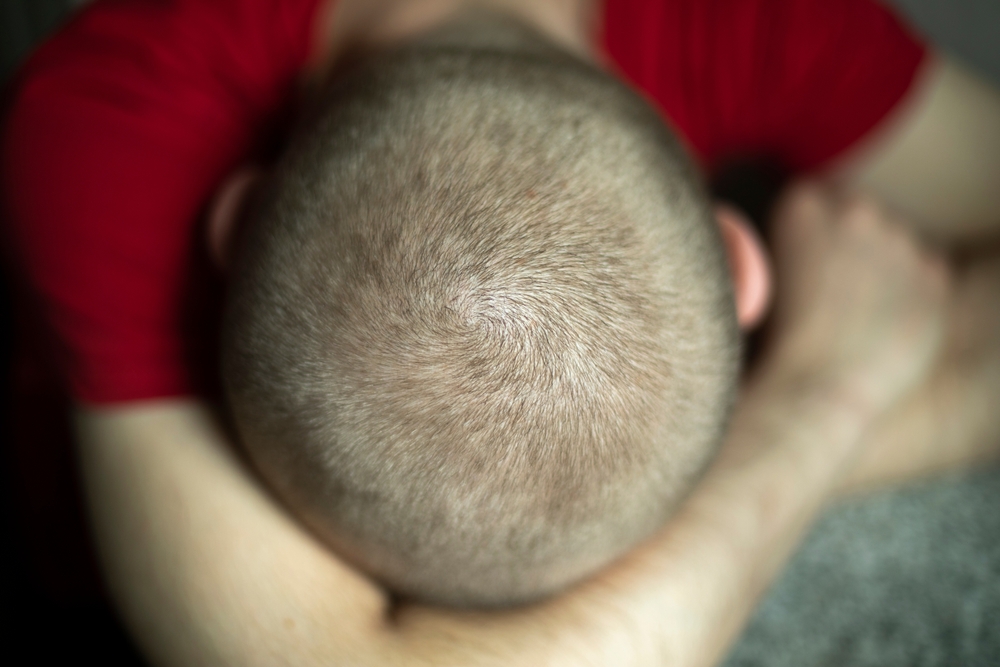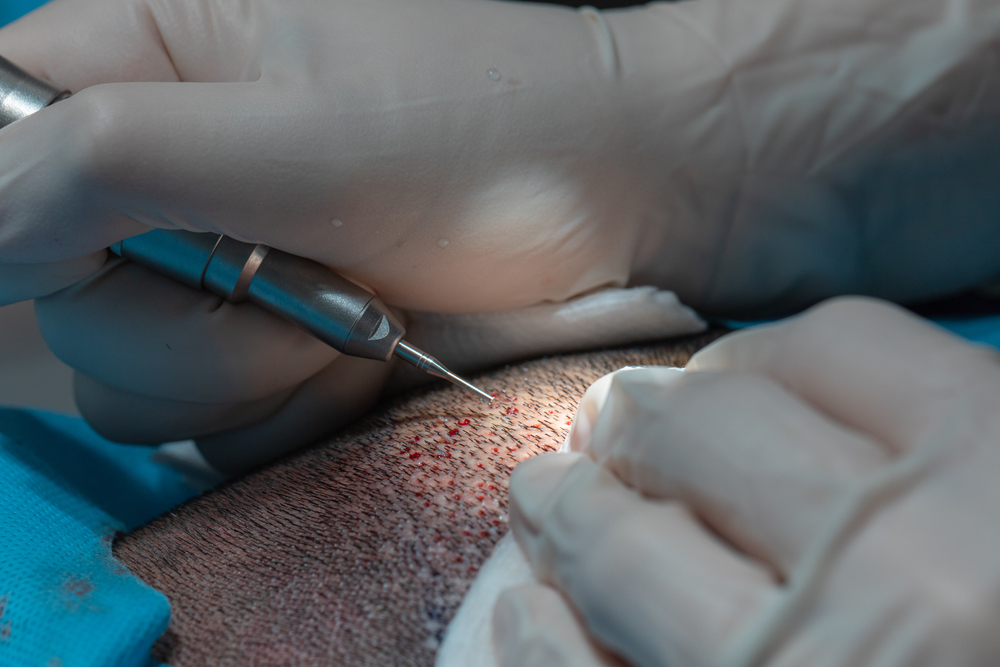Making your hair thicker after the age of 60 can be a bit challenging, as hair naturally tends to thin with age due to hormonal changes and reduced hair growth.
There are several strategies you can try to promote thicker, healthier hair…
- Balanced Diet –Ensure you have a well-balanced diet rich in vitamins and minerals, particularly biotin, vitamin E, vitamin D, and iron, as these nutrients play a crucial role in hair health.
- Protein Intake – Consume enough protein, as hair is primarily made up of protein (keratin). Include lean meats, fish, eggs, dairy products, legumes, and nuts in your diet.
- Scalp Care – Keep your scalp clean and healthy by washing your hair regularly with a mild shampoo. Use a gentle, sulfate-free shampoo to avoid excessive drying of your hair and scalp. Consider using a scalp massager to stimulate blood circulation, which can promote hair growth.
- Hair Care – Avoid excessive heat stylings, such as curling irons and straighteners, as these can damage your hair and make it appear thinner. Use a wide-toothed comb or a soft brush to prevent hair breakage. Minimize the use of harsh chemicals, such as hair dyes and perms, which can weaken your hair.
- Supplements – Consult with a healthcare professional before taking any supplements, but some people find supplements like biotin, collagen, or marine proteins beneficial for hair health.
- Medications – Talk to your doctor about medications like minoxidil or finasteride, which may help promote hair growth and thickness in some cases.
- Hormone Replacement Therapy (HRT) – If hair thinning is related to hormonal changes, your doctor might recommend hormone replacement therapy. This should be discussed with a healthcare professional.
- Avoid Tight Hairstyles – Avoid hairstyles that put excessive tension on your hair, such as tight ponytails or braids. These can lead to hair breakage and thinning.
- Reduce Stress – Chronic stress can contribute to hair loss. Practice stress-reduction techniques like meditation, yoga, or deep breathing exercises.
- Consult a Specialist – If you’re concerned about hair thinning and none of the above methods seem to be working, consider consulting a dermatologist or a trichologist who specializes in hair and scalp health. They can provide a tailored treatment plan based on your specific needs.
Results may vary from person to person, and it’s essential to be patient and consistent with your chosen hair care routine. Some level of hair thinning is a natural part of aging, so have realistic expectations.





